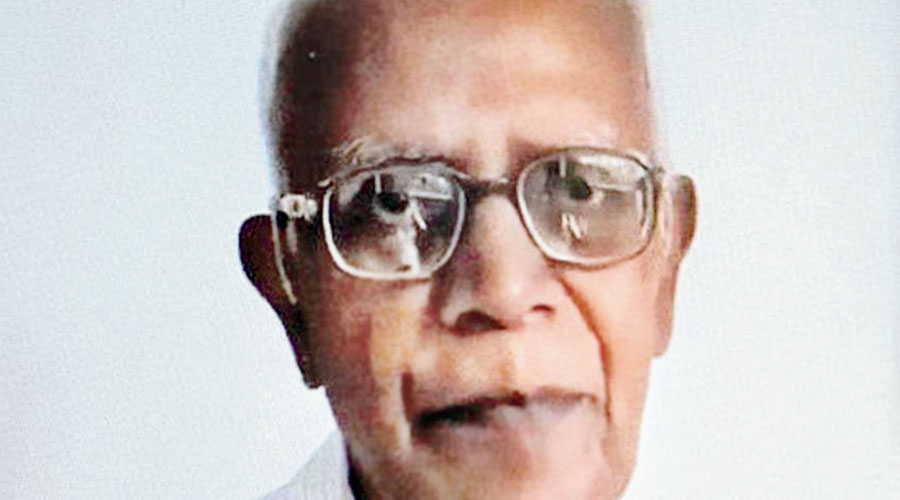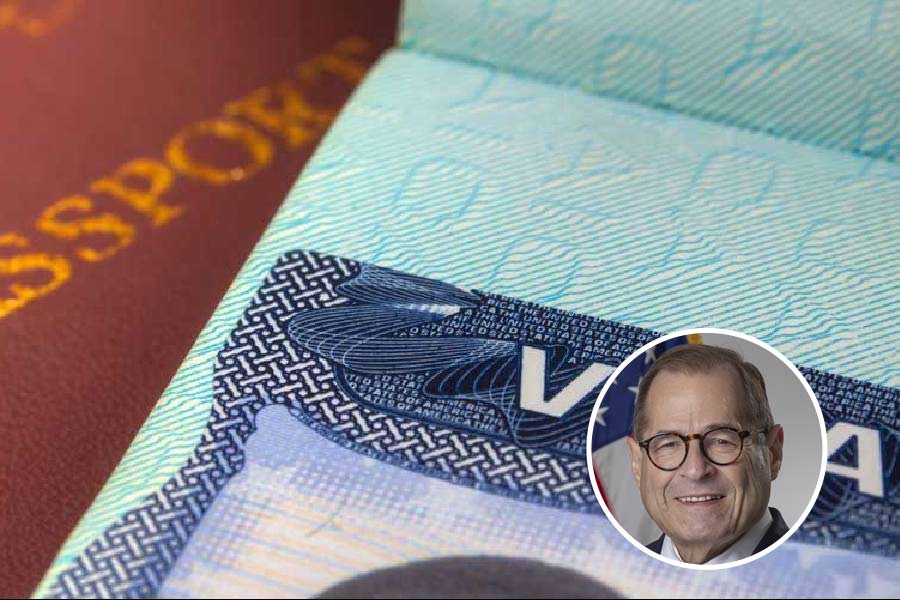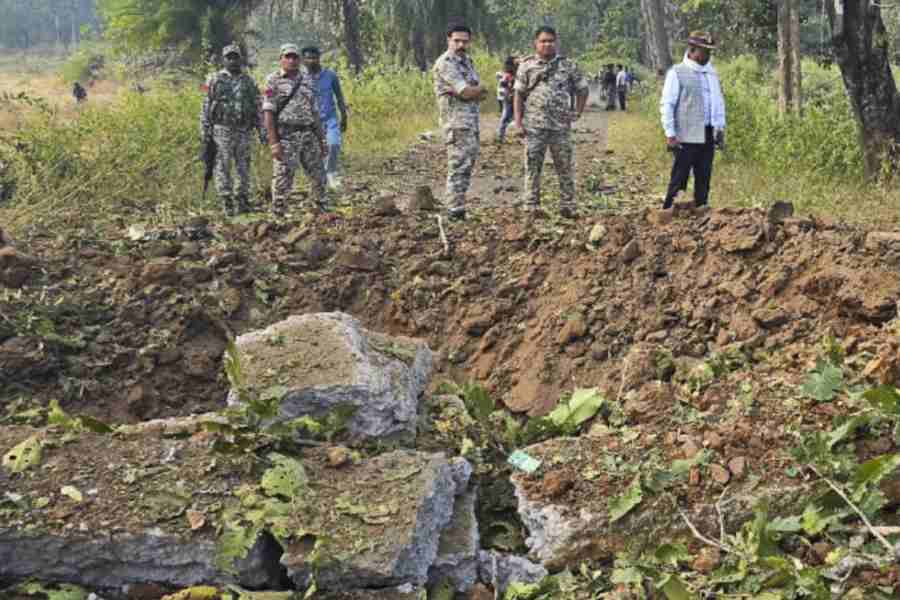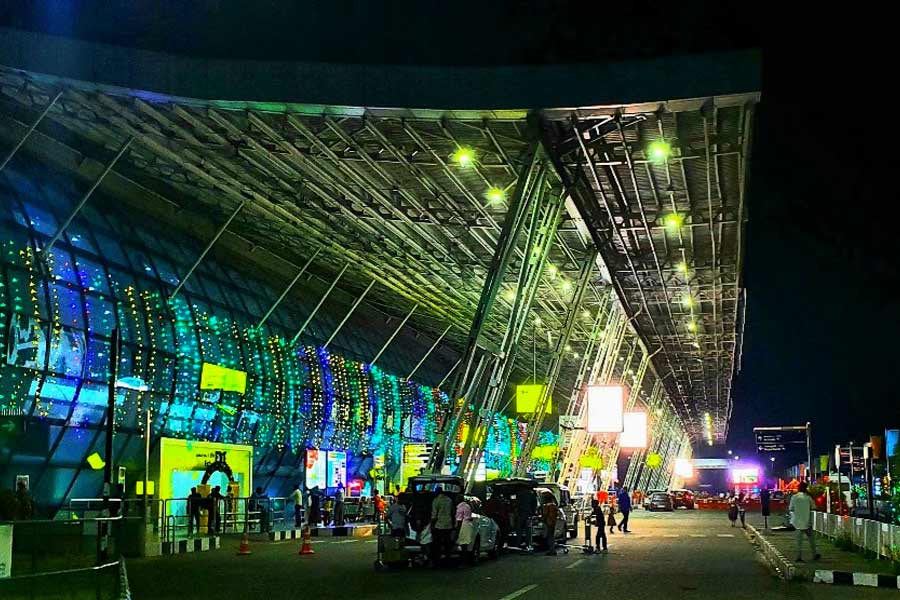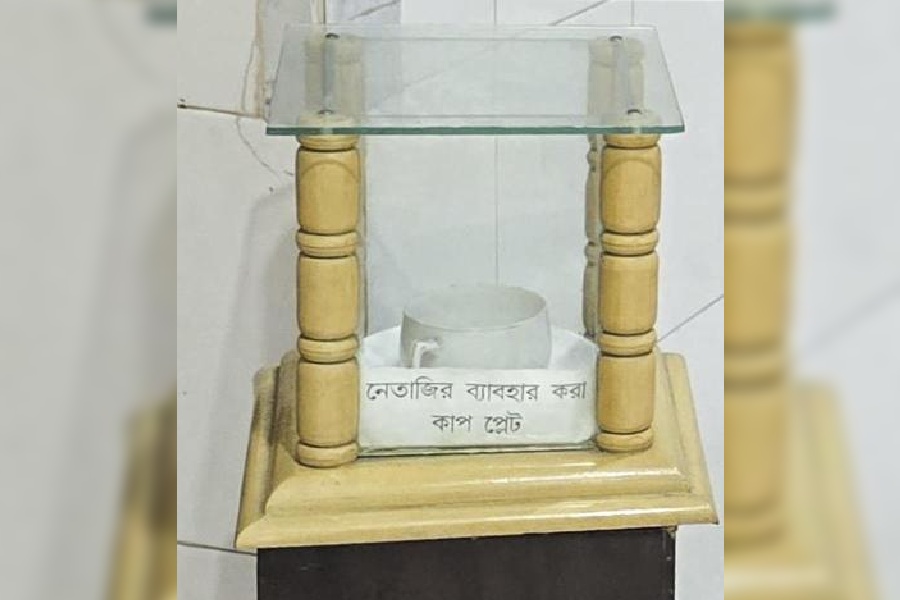The issue of bail under any anti-terror law is balanced on a razor’s edge. Stan Swamy died before his challenge to Section 43D(5) of the Unlawful Activities (Prevention) Act, 1967 could be heard in court. This provision ensures that no bail shall be given unless the public prosecutor had been heard or if the court, after a perusal of the case documents, decided there were ‘reasonable’ grounds to believe that the case against the accused was prima facie true. Thus the court’s discretion was crucial, while the State, if so minded, could use the provision to detain the accused for long periods. But detention would be legitimate only when balanced against the right of the accused to a speedy trial. The Supreme Court upheld this right at the hearing of an appeal against the Kerala High Court’s decision to grant bail to a person accused of a crime in 2010. The Supreme Court reportedly said that while courts would appreciate the legislative policy against the grant of bail under the UAPA, the bar against it would ‘melt down’ when there was no likelihood of the trial being completed within a reasonable time and the accused had already spent a substantial portion of his jail time, should he be proven guilty, as an undertrial prisoner.
This logic lies behind the recent question raised by the Delhi High Court when it wondered last week what the duration of a UAPA trial should be. The Supreme Court had said in February that the UAPA’s restrictions on bail and the powers of Constitutional courts could be ‘harmonised’ by granting bail when trial was delayed. This emphasis of the courts on the right to speedy trial is especially pertinent when the government of the day is perceived as the power behind incarcerating under the UAPA persons who dissent or are known to campaign for the rights of the underprivileged. In these cases, prolonged detention becomes the penalty, acts as deterrent to the like-minded, and prevents the possible attempts of the accused to organize protests or campaigns. The Delhi High Court’s question and the Supreme Court’s ruling indicate that the relevant section in the UAPA should not be used as the ‘sole metric’ to deny bail; it must be balanced with the right to a speedy trial.

